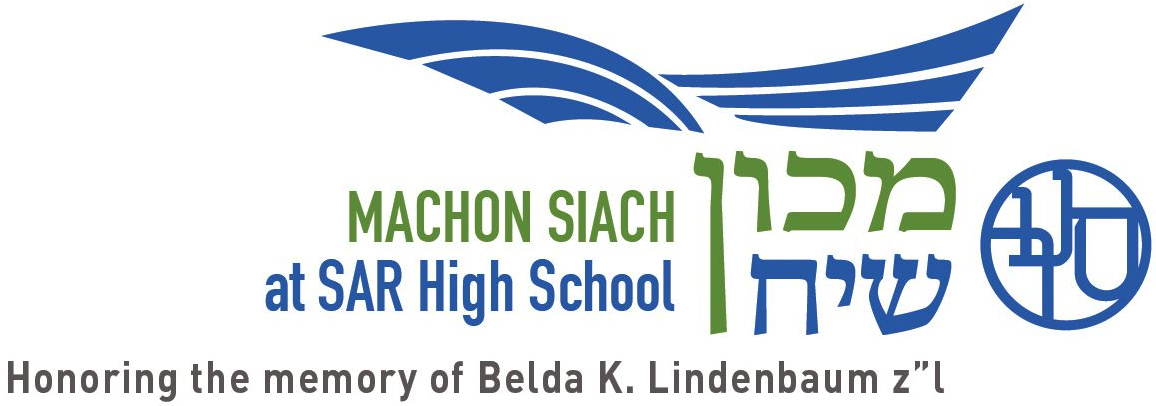Approaches to Tanakh Study: How and Why We Read Tanakh – Makom B’Siach Cohort 9 Session 1
In this opening session, we will examine and evaluate a variety of contemporary approaches to Tanakh study and lay the groundwork for our own collective study. To illustrate the literary-philosophical approach, we will do an in-depth analysis of the first 2 chapters of Genesis.


